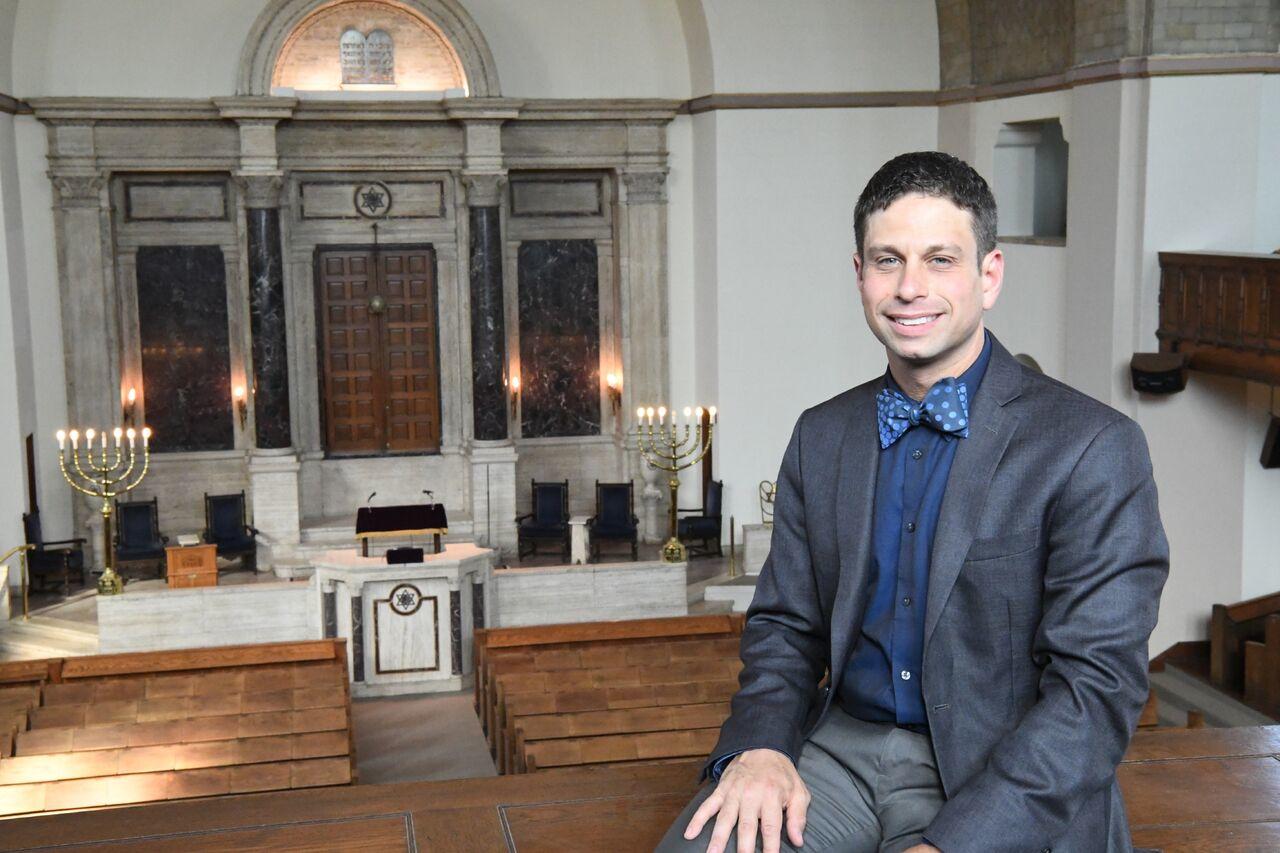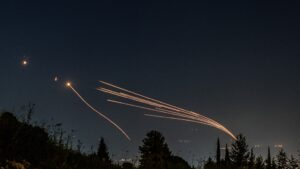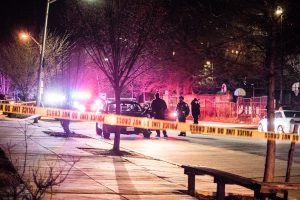“Alas! Lonely sits the city once great with people! She that was great among nations is become like a widow” (Lamentations 1:1)
I’ve dedicated my career to the celebration of urban living and, in particular, urban Judaism. In my adult life I’ve gravitated toward cities, attracted to their racial and cultural diversity, museums, restaurants and population density.
But lately, cities feel like they’re under siege. COVID-19 has led to a rethinking of proximity as a way of life. Home purchases in remote settings are booming. Space, away from others, has become a more coveted residential choice than any time perhaps since post-war suburban migration and white flight.
And then there’s politics. Progressive policies take root more easily in urban settings. Even in the most conservative of states, cities are blue enclaves surrounded by a sea of red.
As a rule, the further you are from urban centers, the more conservative you tend to be. With the presidential election looming, some who prefer a different administration are wondering whether they ought to abandon cities for exurban settings where electoral math means their votes would bear significantly more weight.
Are cities strong or are they vulnerable?
Is the nation better with strong cities?
When Moses sends spies to reconnoiter the land of Canaan, he wants them to “… see the land, what it is; and the people that dwelleth therein, whether they are strong or weak, whether they are few or many … whether it is good or bad; and what cities they are that they dwell in, whether in camps, or in strongholds.” (Num. 13:18-19)
Multiple commentators surmise that “camps” vs. “strongholds” means open vs. fortified cities. The 16th century Italian exegete Ovadiah Sforno says open cities suggest “a sign they felt secure, not expecting any war,” whereas walled or fortified cities means “the inhabitants were afraid of being invaded.”
Sforno points out that great military leaders preclude the necessity of fortification. According to Judges (5:7), Deborah the warrior-prophet was the harbinger of both victory and open society: “Deliverance ceased, ceased in Israel, till you arose, O Deborah, arose, O mother, in Israel!” (The Hebrew word for “deliverance” in this context can also mean “dwellers of unwalled cities.”)
The ultimate goal of war is not simply armistice but a society no longer under siege, so it no longer behaves like it is. Peace is about peace of mind as much as anything else.
But peace of mind is in short supply these days. City-dwellers feel under siege. The president punishes urban enclaves for welcoming refugees, threatens to withhold federal funding from cities he deems “anarchist jurisdictions” because of their citizens’ ongoing fight for racial justice, and dog whistles to militant rural white supremacists to defend the White House against a legal and legitimate outcome of the election.
It may be enough to make some lose hope in cities, but not me.
My resolve, my faith in the importance and promise of urban life is only strengthened by these developments.
The pandemic will end, but the isolation that it has foisted upon us is a reminder of just how much we need community.
Abandoning the density and diversity of urban settings for electoral reasons is a Faustian bargain that may only serve to reinforce the very phenomena (e.g., institutional racism) that those voting for progressive policies wish to dismantle.
Greater diversity (of race, culture and ideology) in exurban settings may serve to soften some hearts and minds, but cities are designed for proximity as much as variety. Cosmopolitanism is tough to maintain beyond the metropolis.
So instead of losing hope, I pray for the restoration of urban life. In the words of Jeremiah (33:10-11): “… Again there shall be heard in this place, which you say is ruined … in the cities of Judah and the streets of Jerusalem that are desolate … the voice of bridegroom and bride. … For I will restore the fortunes of the land as of old.”

Rabbi Daniel Cotzin Burg is spiritual leader of Beth Am Synagogue in Reservoir Hill, where he lives with his wife, Rabbi Miriam Cotzin Burg, and their children, Eliyah and Shamir. This column and others also can be found on The Urban Rabbi. Each month in Jmore, Rabbi Burg explores a different facet of The New Jewish Neighborhood, a place where Jewish community is reclaimed and Jewish values reimagined in Baltimore.





